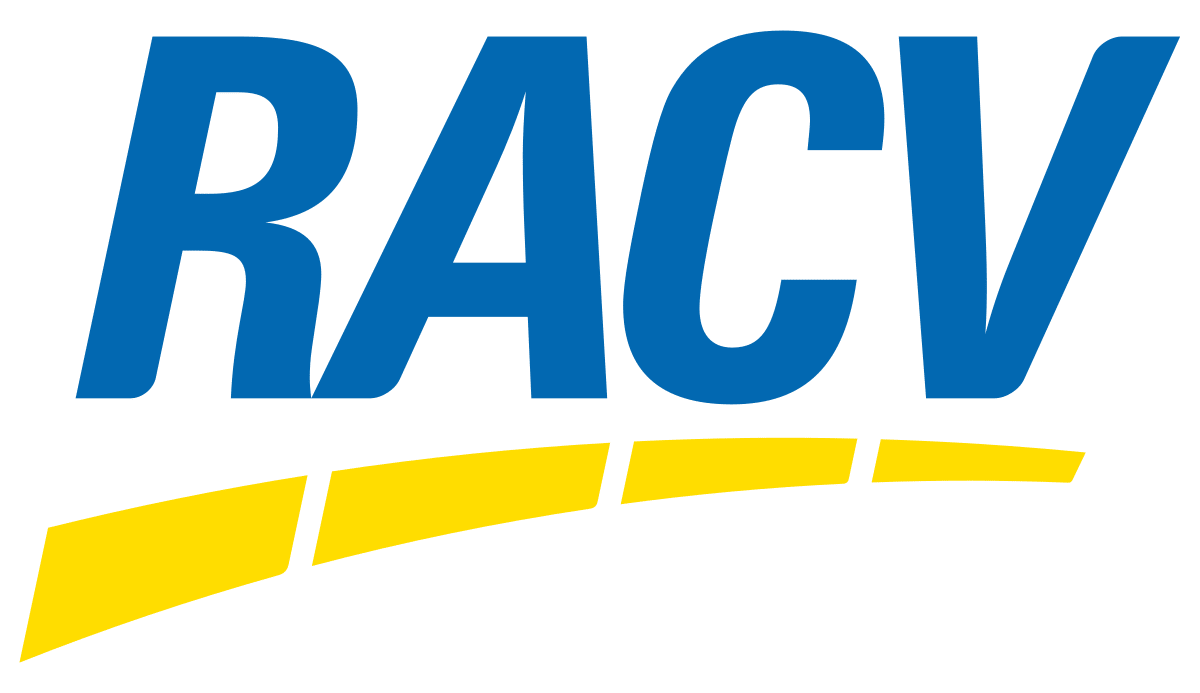If you rely on government benefits for all or part of your income, you might find loan options more limited – but that doesn’t mean they’re unavailable. Although borrowing may be more challenging, there are solutions to suit your circumstances and help you access funds when needed.
What loans are available for pensioners?
Pensioners can access a range of loan options to suit different financial needs and circumstances.
Personal loan
A personal loan lets you borrow a lump sum, usually from $5,000 up to $75,000 depending on your lender and personal profile. Most personal loans are unsecured, meaning you don’t need to provide an asset as security, though secured options are available that could qualify you for a higher amount.
You receive the funds upfront and repay the loan over a fixed term, which can be up to seven years in some cases, with regular weekly, fortnightly or monthly repayments. This money can be used for a wide range of purposes, such as medical expenses, home renovations or travel – or any other way you choose.
If you’re borrowing specifically to buy a vehicle, a secured car loan may be a better fit and could offer lower interest rates than an unsecured personal loan.
Home Equity Access Scheme
If you’re a homeowner aged 67 or above and on the Age Pension, Carer Payment or Disability Support Pension, you may be eligible for the government’s Home Equity Access Scheme.
Because it’s government-run, interest rates are significantly lower than most other types of loans, making it a relatively low-risk option for people who are asset-rich but cash-poor.
Payments can be taken as a lump sum or as fortnightly instalments, with interest compounding fortnightly until you reach the maximum loan amount. There’s no fixed repayment term but the loan will usually need to be repaid when you sell your home, permanently move out (such as into aged care) or pass away.
Another way to access equity in your home is through a reverse mortgage. While these work in a similar way, they typically come with much higher interest rates than the Home Equity Access Scheme and can reduce your equity more quickly over time.
Centrelink Advance Payment
An advance payment allows eligible Centrelink recipients to access a portion of their future benefits as a lump sum, which is then repaid gradually through reduced future payments.
Unlike other loans, the money borrowed is interest-free, so you won’t pay extra. However, since your future payments will be lower, it’s important to budget carefully. This option may not suit those who need funds beyond what their usual payments can cover.
There are also limits on how much you can borrow – for some recipients, this may be as little as a few hundred dollars and will always be less than $2,000, making it suitable only for smaller amounts.
No Interest Loan scheme (NILs)
Good Shepherd’s No Interest Loan Scheme (NILs) is a government-funded program offering interest- and fee-free loans to people on low incomes. Loans are available up to $2,000 for essential items like appliances or medical expenses, and up to $3,000 for housing-related costs, through service providers across Australia.
Loans are paid directly to the supplier or vendor for specific expenses, rather than as cash and cannot be used to cover bills, rent or existing debts.
To qualify, applicants must meet eligibility criteria such as holding a Health Care Card or Pension Card, earning below a certain income threshold, meeting residential requirements and demonstrating the ability to repay the loan.
What type of loan is best for pensioners?
Choosing the right loan depends largely on your financial situation, borrowing needs and eligibility.
For example, if you need a larger lump sum to cover a variety of one-off expenses, a personal loan with fixed repayments may be a good fit. Alternatively, if you’re a homeowner looking to supplement your income, accessing equity through a government-backed scheme could be a better option.
For smaller amounts aimed at specific costs, options like NILs may be more suitable, as you can access interest-free amounts but with low borrowing limits.
How can I get a personal loan as a pensioner?
If you’re receiving a government pension or benefits, you may find it harder to qualify for a personal loan – but there are lenders out there that are willing to work with you if you need finance. These lenders may accept certain fixed benefits as part of your income, including:
- Age Pension
- Disability Support Pension
- Carer Payment
- Parenting Payment
- Service Pension
- Family Tax Benefits A and B
However, be aware that other Centrelink benefits and payments such as Youth Allowance, Austudy or JobSeeker payments are typically not accepted (though JobSeeker may be accepted as a low-income supplement).
You’ll also need to meet standard eligibility requirements:
- Age: you must be at least 18 years old to apply for a loan but there’s no maximum age – meaning you could be approved as a senior over the age of 65.
- Residency: you’ll need to be an Australian citizen or permanent resident.
- Income: all lenders will have minimum income requirements – though this can be as low as $20,000 per year.
- Expenses: lenders will look at your monthly expenses to evaluate whether you can comfortably make loan repayments.
- Credit history: Lenders will run a credit check to assess how you’ve handled credit in the past. While you can apply for a loan with bad credit, a good credit score significantly improves your chances of approval.
How much can I borrow on my personal loan as a pensioner?
While lenders often advertise maximum loan amounts, this doesn’t guarantee you’ll qualify for the full amount. The actual loan you can borrow depends on your personal financial situation, and lenders may set a lower borrowing limit, especially if you’re on a pension with limited income.
In Australia, lenders must follow responsible lending obligations, meaning they carefully assess your ability to repay the loan without causing financial hardship. For pensioners, this assessment can be stricter, often resulting in smaller loan offers compared to other borrowers. Additionally, lenders may view pensioners as higher risk, which can lead to higher interest rates and fees.
It’s important to compare different lenders and loan options, and to consider what repayments you can comfortably manage before applying.
Why apply for a personal loan with Savvy?
Help from the experts
When you submit your application, one of our consultants will compare the best available options and walk you through the process.
Paperless applications
You don't need to worry about sifting through documents and visiting the post office, as they can all be submitted online.
Reputable lending partners
We've partnered with personal loan companies you can trust to ensure your comparison is a high-quality one.
The pros and cons of personal loans for pensioners
Pros
-
Quick access to funds
You can get approved and receive the funds quickly, allowing you to cover urgent or planned expenses without delay.
-
Flexible repayments
You may be able to spread repayments over up to seven years in some cases, helping to keep instalments manageable.
-
Flexible use
As an unsecured loan, you can use the money for almost any purpose or to cover multiple expenses.
-
Cheaper than credit cards
Personal loans often have lower interest rates compared to credit cards, making them a more affordable option for borrowing larger amounts.
Cons
-
Repayments can strain finances
If you’re on a fixed or limited income, adding regular loan repayments to your budget could make managing everyday expenses more challenging.
-
Interest can add up
Pensioners may face higher interest rates if considered higher risk or if their credit score is low.
-
Missing payments can harm your credit
Late or missed repayments may damage your credit score and lead to fees or penalties, increasing your debt.
-
Limited options
Pensioners might not qualify for all lenders or loan products, reducing choice and potentially missing out on better deals.
Top tips for maximising your chances of approval for a loan as a pensioner
-
Check your credit score
Before applying for a loan, it’s essential to check your credit score. If your score is lower than you'd like, you can take steps to improve it, such as paying off existing debts, making timely bill payments and limiting new credit applications.
-
Apply for an affordable amount
Borrowing only what you need and ensuring the amount is reasonable for your income level can improve your chances of approval. A smaller loan is more manageable for pensioners, especially with limited fixed incomes.
-
Offer security
Taking out a secured loan by offering an asset like a car as collateral can make you more attractive to lenders, as it reduces their risk, and may allow you to borrow a larger amount.
-
Use a guarantor
Having a family member or close friend act as a guarantor can increase your chances of loan approval. This person’s income and credit score can help strengthen your application and potentially secure better terms.
-
Compare lenders
Not all lenders are the same when it comes to offering loans to pensioners. At Savvy, we simplify the process by comparing a range of lenders in one place, helping you find the best option available for your needs and circumstances.
How to apply for a personal loan as a pensioner
-
Apply online
Complete our simple form by telling us about yourself and the loan you're after.
-
Submit your documentation
We may need additional information to verify your application.
-
Speak to your Savvy broker
We’ll give you a call to talk through your personal loan options.
-
Have your application prepared
Your broker will prepare and submit your application to your lender.
-
Get approved and funded
Funds will be deposited directly into your bank account in as little as 24 hours.

















